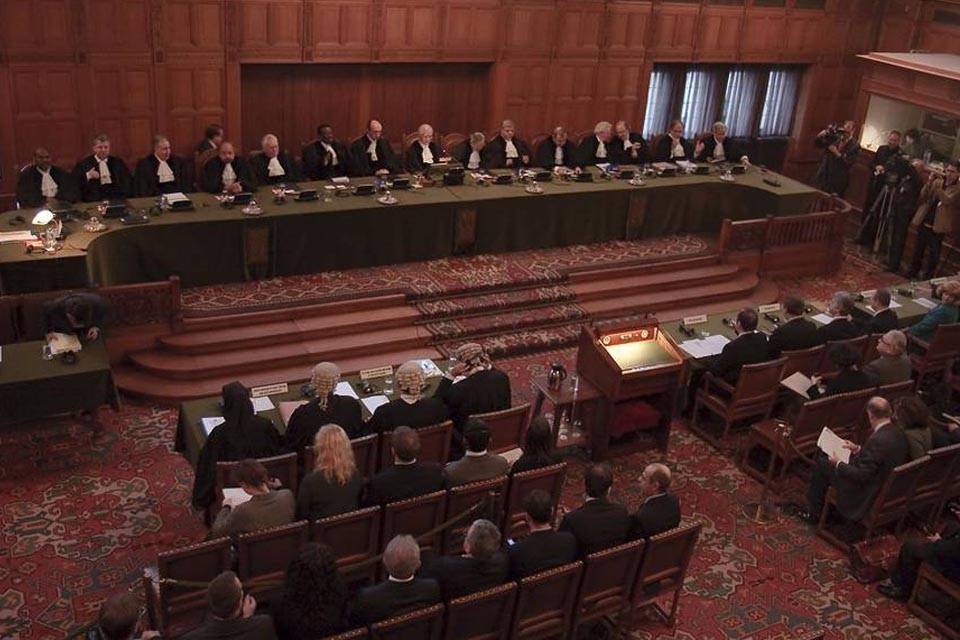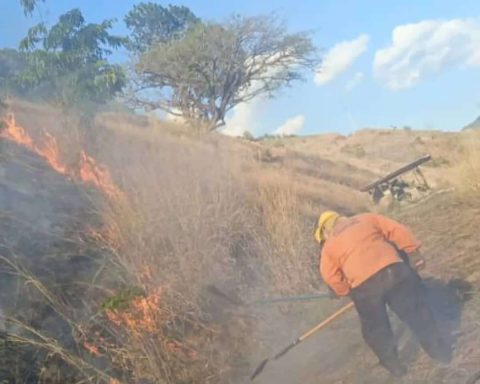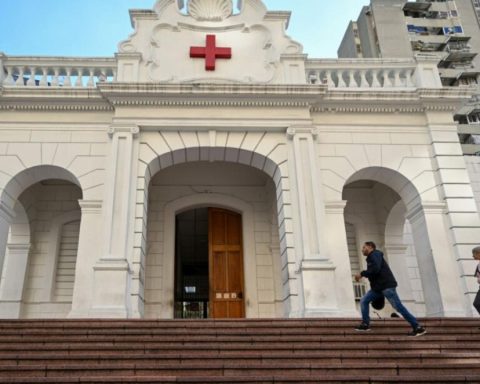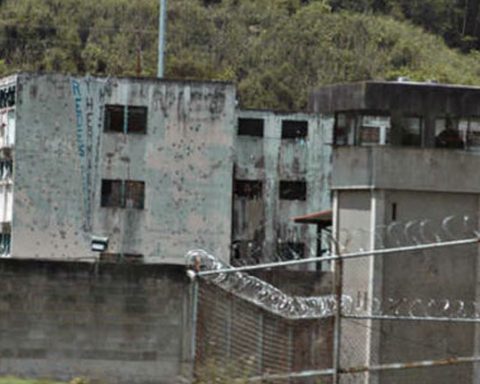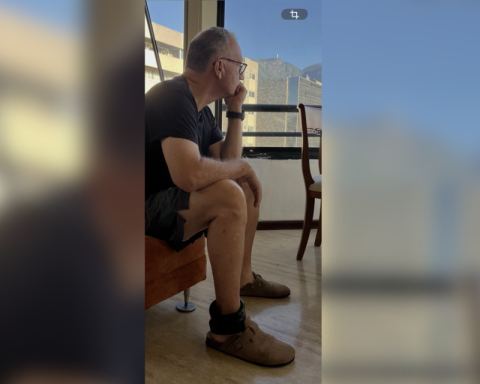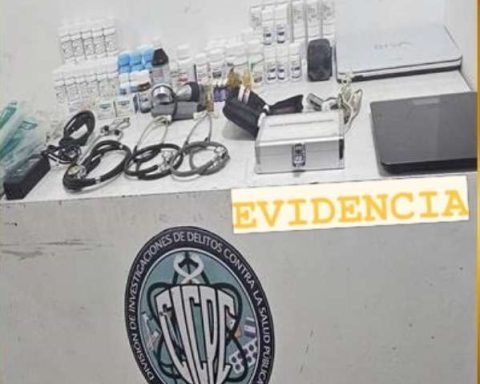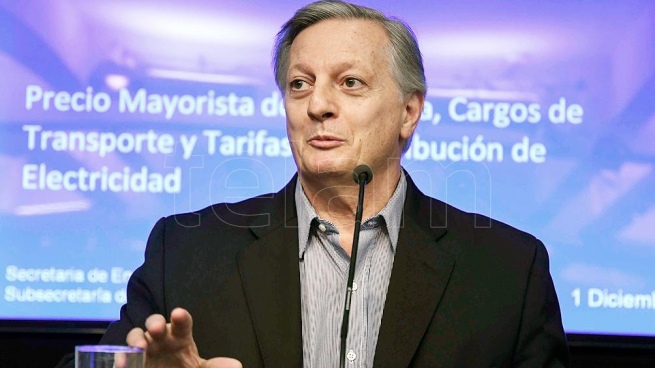The Venezuelan Foreign Ministry recalled that what is in force to settle the Essequibo is the 1966 Geneva Agreement, for which it stressed that the solution must be negotiated without the presence of the ICJ
The Ministry of Foreign Affairs issued a statement on Wednesday, June 8, in which it reports that the International Court of Justice (ICJ) admitted the lawsuit filed by Guyana in the “unilateral lawsuit” before that instance for the dispute over the Essequibo territory.
The letter indicates that the Venezuelan Foreign Ministry filed a preliminary objection to the ICJ for this action and demands that Guyana’s claim not be admitted because there is a lack of elements for a due process to be established.
Reiterates the unrestricted adherence to the 1966 Geneva Agreement as the tool to resolve differences with Guyana over the Essequibo, while rejecting the use of the ICJ to resolve this dispute, which, in Caracas’ opinion, should be done in a negotiated manner without that this international body participate in the process.
Therefore, the Foreign Ministry hopes that the Essequibo issue will return to the field of friendly negotiation and that what is established in the agreement will be applied.
In March 2022, Guyana unilaterally presented its arguments before the ICJ – since Venezuela considers that this Court does not have jurisdiction for this process in the Essequibo – which was required by the court in mid-December 2020; seeking to dismiss what was achieved in 1966 and validate the arbitration award of 1899. On that date, the UN judicial body declared itself “competent.”
*Also read: AN of 2015 requires the regime to present a countermeasure on the Essequibo before the ICJ
As of the date of the pleadings, Guyana asserted that the ICJ agreed in its last decision “that it has jurisdiction to settle the dispute,” to which it adds that in accordance with the 1966 Geneva agreement “the parties conferred – on the Secretary General of the UN – the authority to determine the means by which the controversy between Guyana and Venezuela will be resolved”.
Venezuela and Guyana have disputed possession of the Essequibo for more than a century. The dispute over that territory became relevant again after the discovery of a large oil field by Exxon Mobil in the disputed territorial sea.
The UN, guarantor of compliance with the Geneva Agreement, decided that the “good officiant” mechanism was no longer in effect, for which reason the jurisdiction of the case passed to the International Court of Justice; Instance that Caracas assures has no interference to resolve the conflict over the Essequibo.
Post Views:
81
